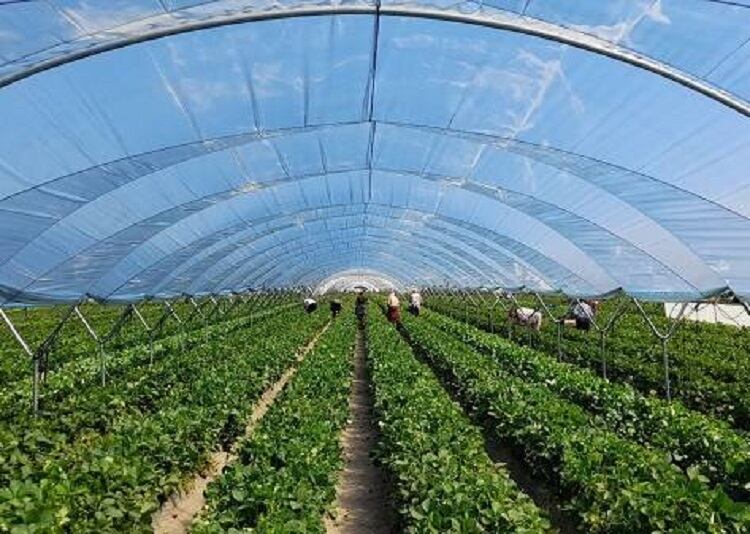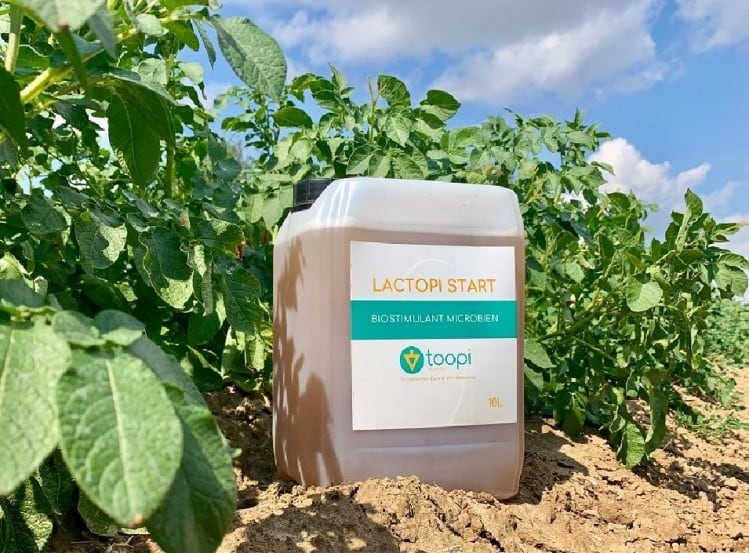The agriculture sector is witnessing significant change as it embraces advanced technologies to boost productivity, sustainability, and resilience. This trend will continue, Kumar predicts, as demand for agtech solutions is influenced by the increased need to manage the impact of climate change, regulatory changes, rising hunger, and consumer demands for healthier food.
India-based Cropin uses artificial intelligence, machine learning and remote sensing technology to create data platforms designed to help companies in the agriculture value chain such as PepsiCo, Loacker, Syngenta, and the World Bank to digitise operations and improve decision making.
Operating in 112 countries, the company claims to have digitised seven million farmers and computed 200 million acres of farmland worldwide. It boasts a crop knowledge graph encompassing 500 crops and 10,000 crop varieties.
Last year it collaborated with PepsiCo India’s Lay’s potato chips brand, which announced a crop and plot-level predictive intelligence model to help farmers maximize potato yields coupled with quality via functional dashboards on user-friendly mobile apps.
Most farmers in India own less than one hectare of farmland and face constant challenges due to lack of means to evaluate the optimum consumption of agri-inputs like water, fertilizers, and pesticides as well as actionable weather data. For example, potato yield losses caused through the blight crop disease can go up to 80% if not forecasted early. Significant yield loss caused due to ground frost is another serious issue for potato farmers especially in the northern parts of the country.
Agri innovations: a breakthrough in climate action
According to Kumar, with agriculture contributing over one-third of global greenhouse gas emissions, using 70% of freshwater resources, and employing a quarter of the world’s population, this type of agricultural innovation will continue to surge over the next few years.
“The world recognizes that achieving environmental and climate goals relies on addressing fundamental issues within the food systems,” he said. “In 2024, a significant shift is anticipated, marked by multi-billion investments in agri-food transformation from international organizations, development agencies, and governments, followed by a proliferation of agritech investments by PE/VC firms to harness the sector’s growth momentum.”
The catalysts for change are diverse, ranging from the disruptive weather events of 2023 affecting regions globally, to the UN chief’s stark declaration of the onset of a ‘global boiling’ era, explained Kumar. These events served as wake-up calls for farmers and agribusinesses worldwide, prompting a reevaluation of their operations. “The industry is now motivated to curb its environmental impact, fostering a collective commitment to building a more sustainable agri-food ecosystem,” he said. “Agriculture is uniquely positioned to transition into a zero-emission industry, potentially evolving into a carbon sink.”
Robust regulatory environment
Stringent regulations are playing their part too. The EU Deforestation-free Regulation (EUDR), for example, is compelling growers and agribusinesses globally to adopt sustainable production methods. “I expect more countries and regions to introduce similar regulations in 2024, emphasizing the agri-food sector’s commitment to achieving Net Zero,” Kumar revealed. “These regulations will necessitate technology investments, requiring tangible evidence of reforestation, proper fertiliser applications, mandatory carbon sequestration, and active biodiversity preservation. These advancements will present substantial business growth opportunities for agtech players providing solutions in these domains.”
Integration of human health and agricultural advancements
This year will see another critical development expected to drive innovation – the convergence of health demands and agtech innovations. According to the Cropin CEO, consumer demand in the West for healthy foods is pushing agri-food companies to shift towards whole/healthy food offerings, supported by favorable global policy environments. But meeting the demand for wholefoods in a world with over 8 billion people poses a challenge. “Inefficient global food supply, often perishable, necessitates a robust food supply chain driven by technology,” said Kumar. “Imagine an open dashboard offering real-time visibility for policymakers globally. The US could leverage grain availability in Asia, Europe could track the availability of vegetables in other regions, and African nations could swiftly address food shortages from time to time.” Tech-enabled transparency, he stressed, “transforms global food systems”.
On the other hand, agtech has the potential to offer transparency to both food manufacturers and consumers, providing insights into the origin and production processes of food. “Are consumers aware of the cocoa origin in their chocolate, the fertiliser usage on potatoes for chips, or whether they can measure coffee powder adulteration by tracking the product life cycle of the sourced coffee beans?” Kumar asked. This will also aid governments in ensuring citizen health, reducing healthcare costs, and empowering healthcare workers to recommend the right products, he argued. The merging of healthcare and agtech is therefore “a powerful and positive industry convergence unfolding in the years to come”.
Rise of Controlled Environment Agriculture (CEA) and other emerging practices
Gaining traction too are innovations in controlled environment agriculture (CEA) practices, such as vertical farming, polyhouse farming, hydroponics, and other emerging methods like regenerative agriculture.
These practices may take time to become mainstream, especially in smallholder markets, admitted Kumar. But they address a host of challenges including how to tackle the ageing farming community in markets like Japan; the need to achieve food self-reliability in desert regions like the Middle East; and the need to mitigate climate risks globally, and preserve biodiversity. “I anticipate agribusinesses, non-profits, and development agencies to lead the charge in driving these transformative initiatives in agriculture globally.”
Stay posted to AgTechNavigator for more 2024 trend predictions.





